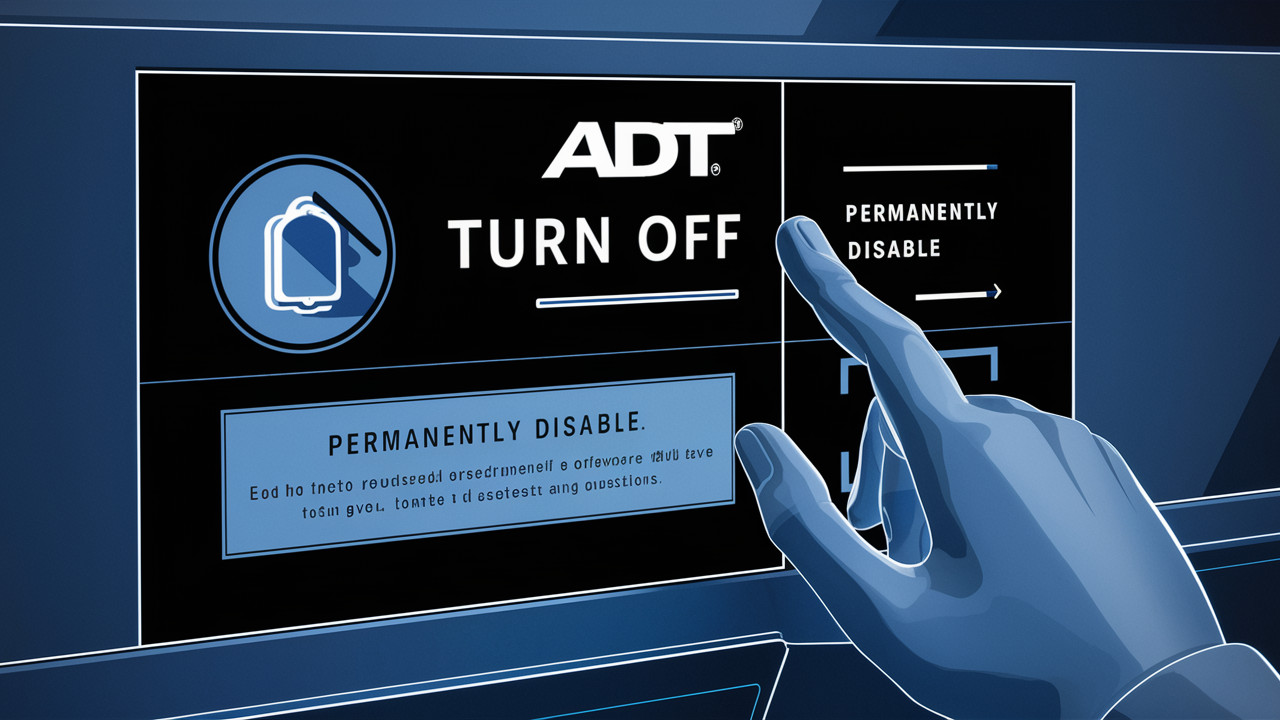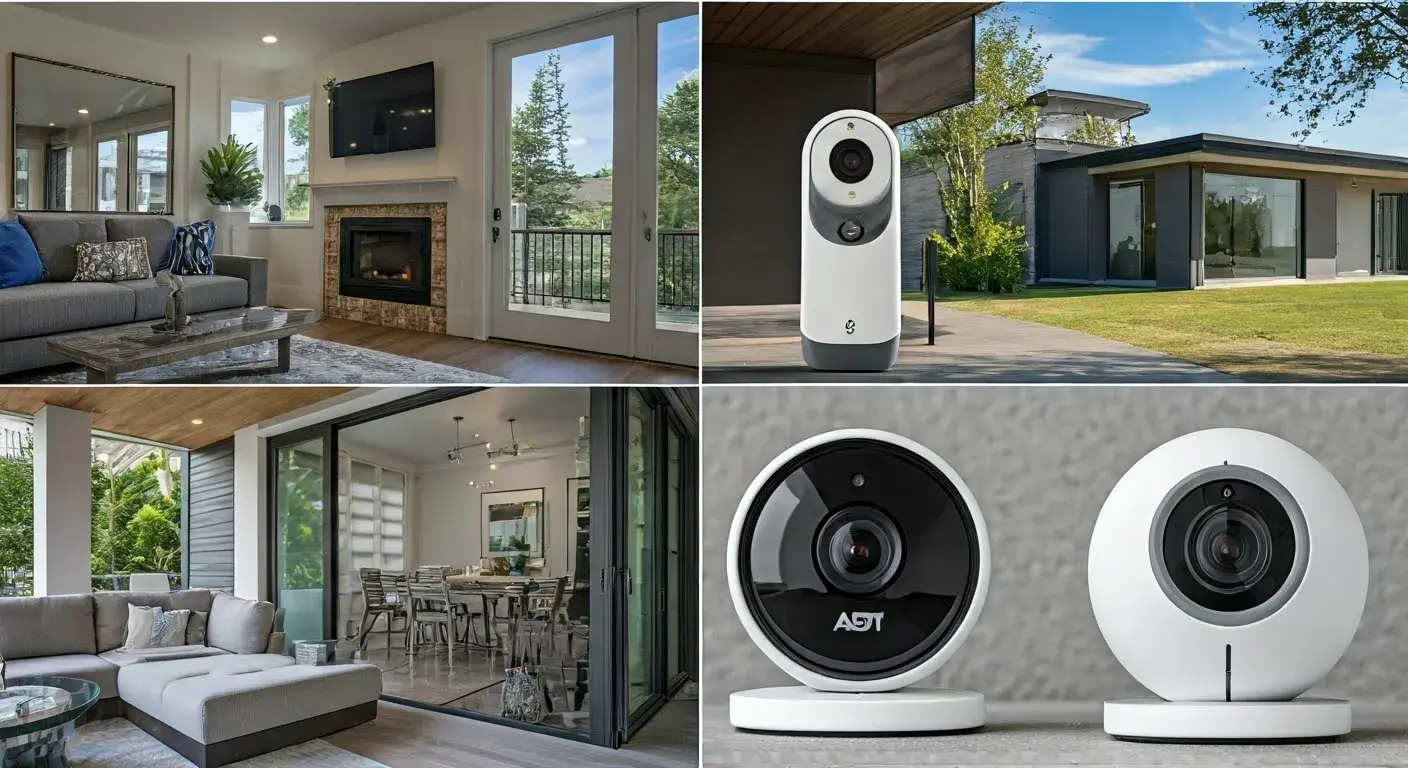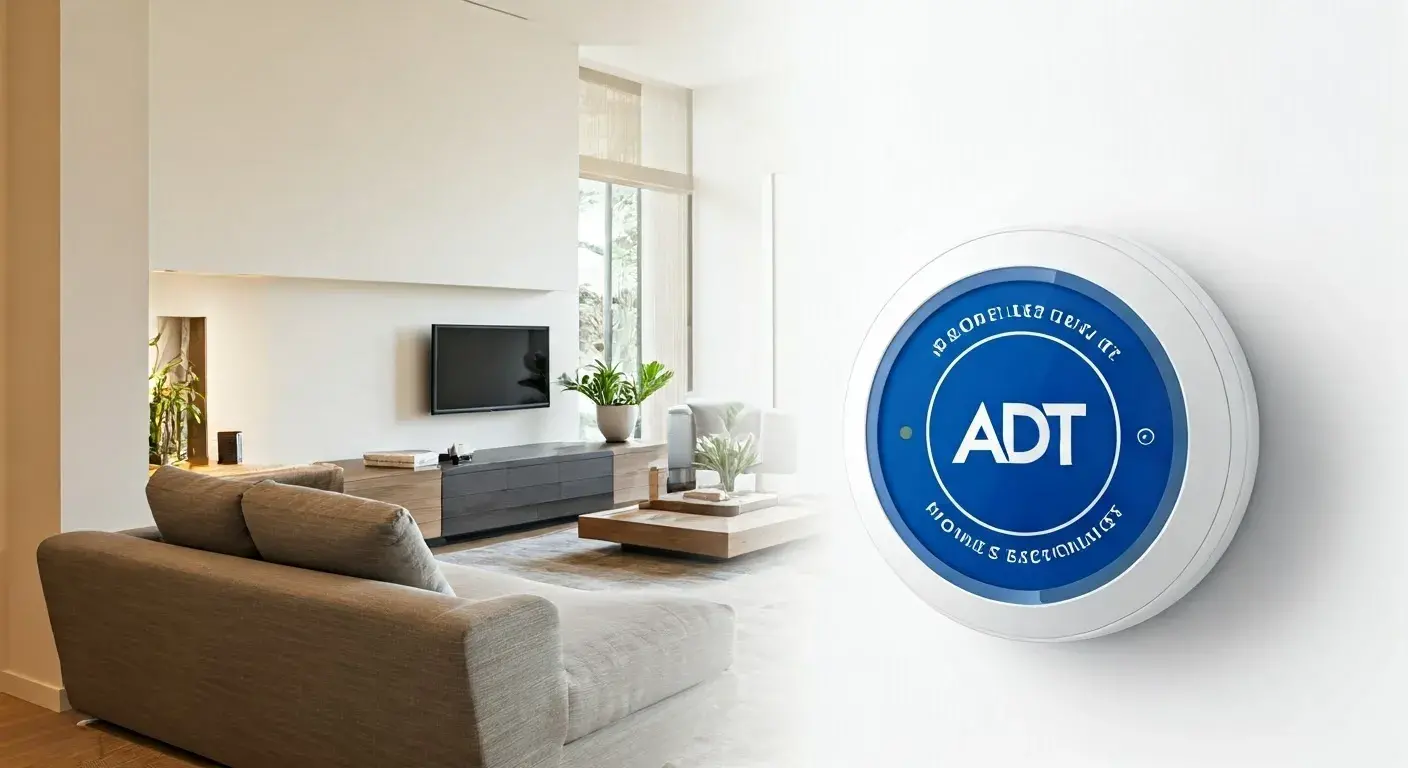Home security is a necessity for most homeowners in the current society as they aim at protecting their families and assets. Security systems have become trending things in today’s world like ADT security systems which have attracted over 7 million customers in America alone. These systems have features such as motion detectors, video cameras, personal emergency buttons, and touch panels, among others, that come with monitoring by professionals throughout the day and night. Even if ADT systems are set to offer maximum protection, some homeowners may need to occasionally switch off a specific alert or sensor. This article will aim to describe the simplified understanding of how ADT alarm works and the legal and ethical ways of changing the alarm settings.
How ADT Alarms Function ADT alarm systems have control panels – these are central units where several sensors installed at different parts of the residence are interconnected. Control panels have power buttons When the main panel is shut down, it does not necessarily mean that all the system functions, as well as notification, have ceased. It will also include the ability to monitor tampering and it will set off an alarm if the sensors of the wiring are cut or removed. Some of the preventive measures include the following, one must adhere to certain procedures when using a password when booting a system on or off. Panic buttons also provide a way for alarms to be initiated when needed during emergencies.
If all the sensors are turned on and enabled when the security system is armed, then the breaking of physical barriers like doors and windows will send relay messages back to the ADT monitoring centers. Professional security guards can then offer validation and support services either by calling the homeowner or by alerting appropriate help depending on the type of alerts that were generated. Professionally installed systems also benefit and provide value through their ability to monitor and respond around the clock.
Why homeowners try to turn off the App That said, there are still definite advantages of home security systems though residents may sometimes wish to temporarily suspend some of the features. Some common reasons include:
● Avoiding false alarms: If a sensor is ill and continues to go off every few seconds, homeowners may wish to turn off the alarm until they fix the goof.
● Enabling special access: People whose workers may roam inside the property while owners are away may need to turn off some interiors to avoid alarms.
● Conducting maintenance: Maintenance of the sensor involves recharging or replacement of hardware and most of these processes involve the disabling of alarms for some time. Just like in the case of arming/disarming the components, proper passcode protocols let specific parts be rendered harmless.
Ethical Responsibilities of Ownership This is why the desire for higher control over home alarm systems is quite reasonable, though one should understand that the acquisition of professional security equipment implies numerous ethical responsibilities on the part of the homeowner.
Interference with components of professionally installed and monitored alarm systems is a violation of civil contracts. It can also raise the dangers of insurance scams in homeowners insurance by discouraging the documentation of losses resulting from events such as fires or burglaries.
More importantly, deactivating partial or full security systems in homes removes barriers that help to protect homeowners and their families. It also keeps the emergency personnel from providing a timely response in case of critical events as has been seen above. Finally, those homeowners who consent to have monitored security systems are left with moral, ethical, and oftentimes legal responsibilities for the continuance of these security systems. By asking for changes from service providers, homeowners should ensure they are the ones seeking change to installed equipment or its function once implemented.
In Summary Home security systems of today offer incredible, and sometimes, lifesaving benefits to homeowners. Although there are times when it may be advantageous to disable alarms, such an action would be considered a contract violation if done without the permission of the service providers. More critically, it removes sensible layers guarding homeowners against harm. Residents should cautiously reflect on these ethical responsibilities when entering into contracts for professionally installed systems such as the ones offered by ADT.






